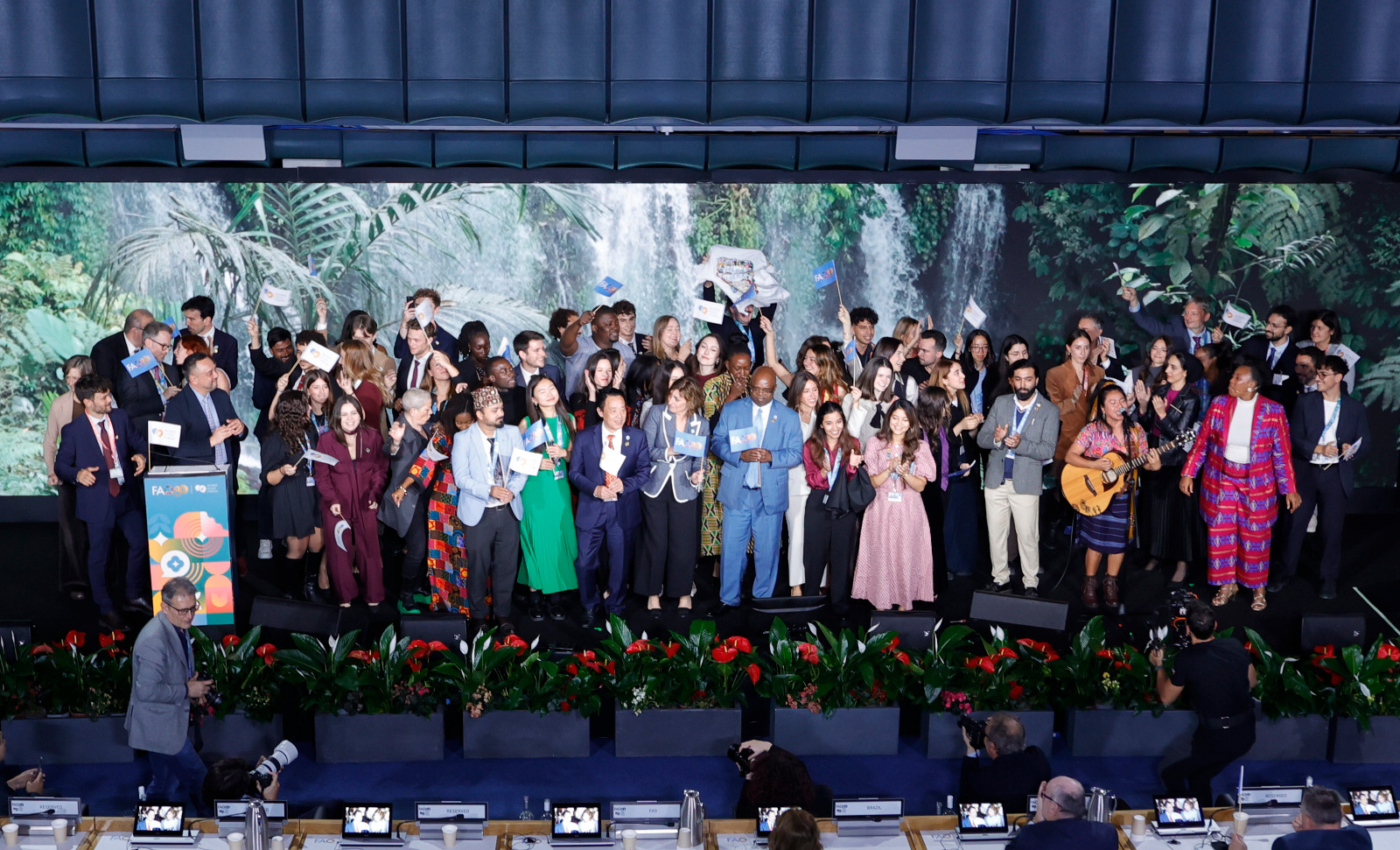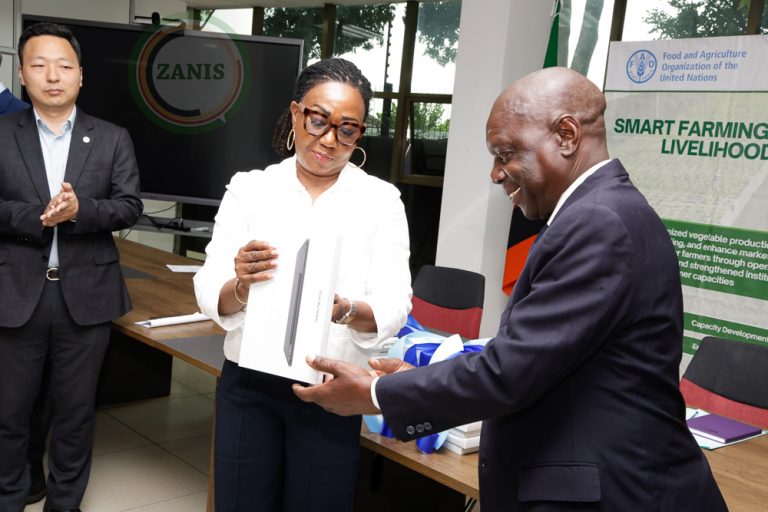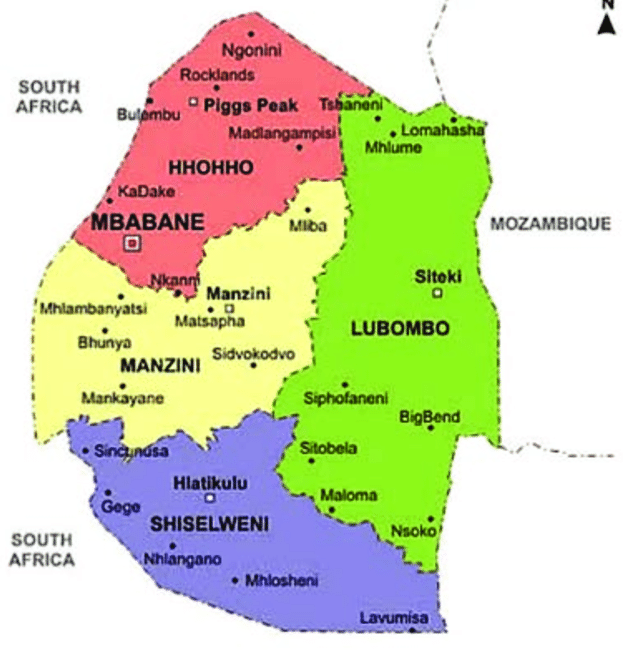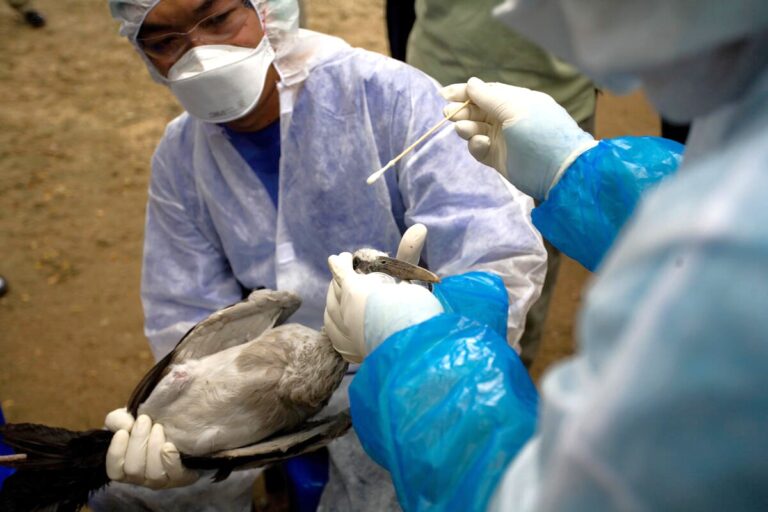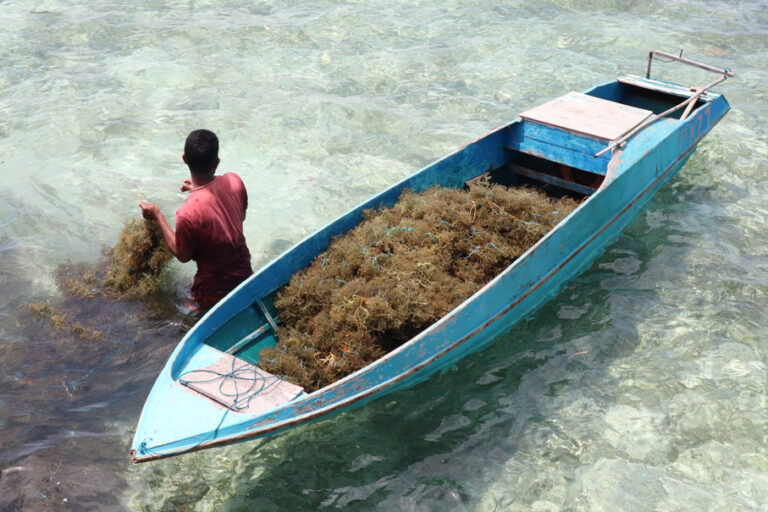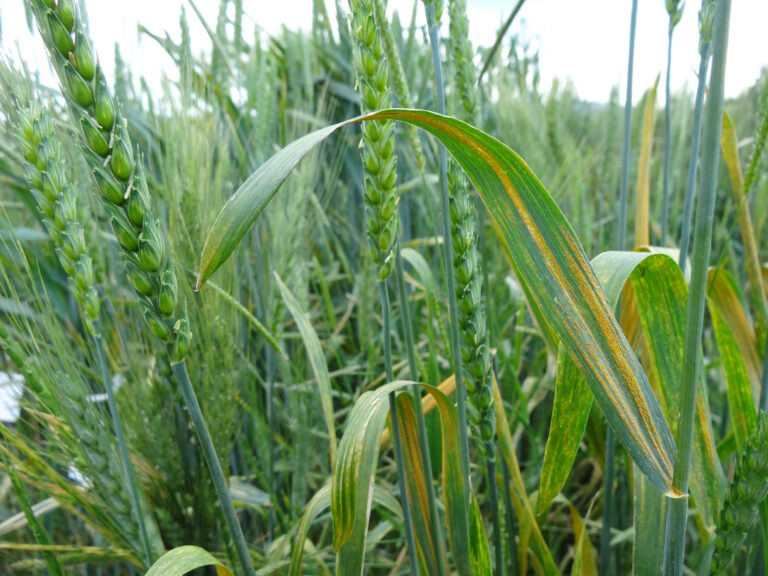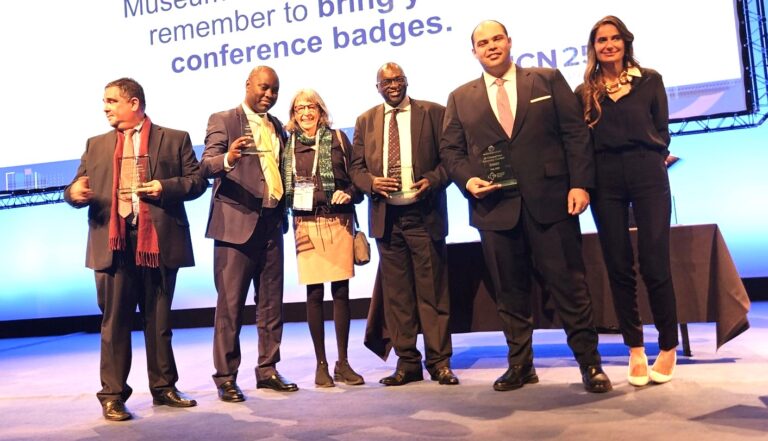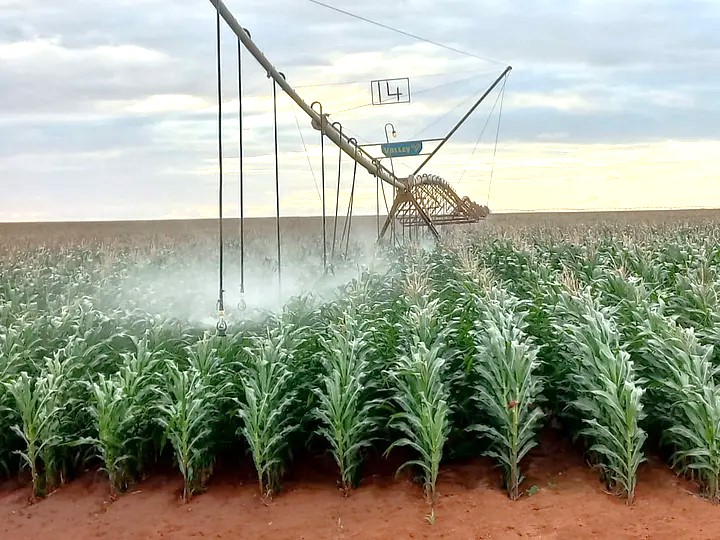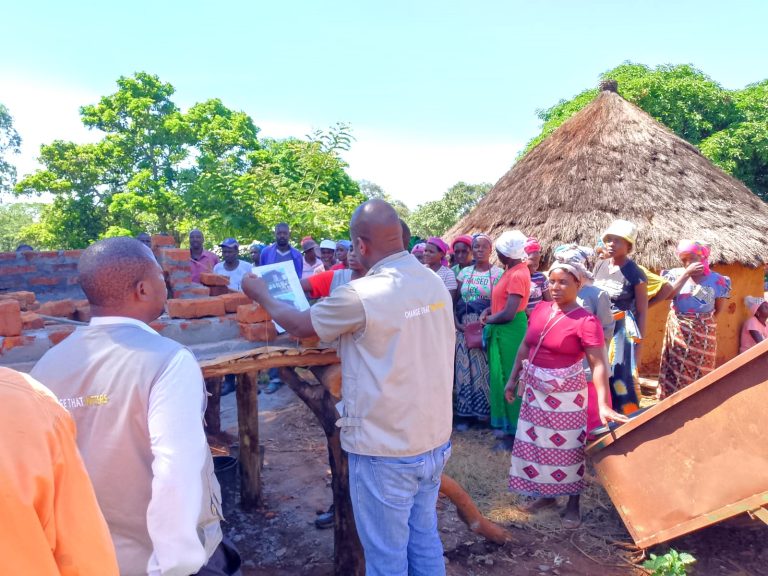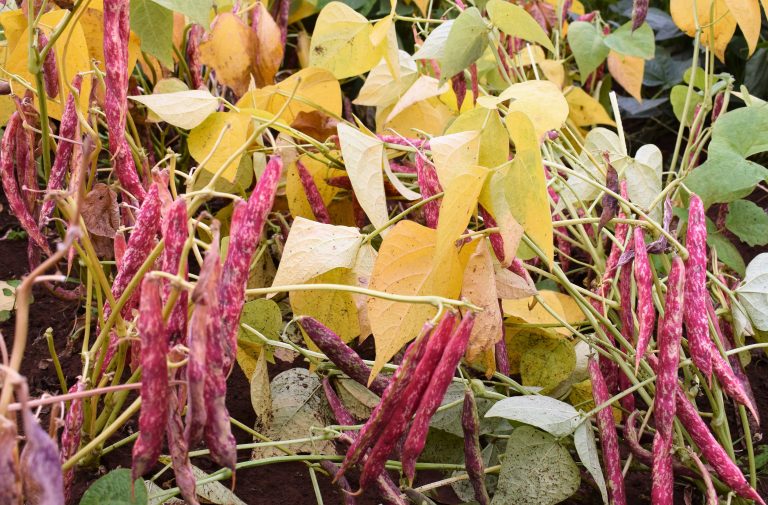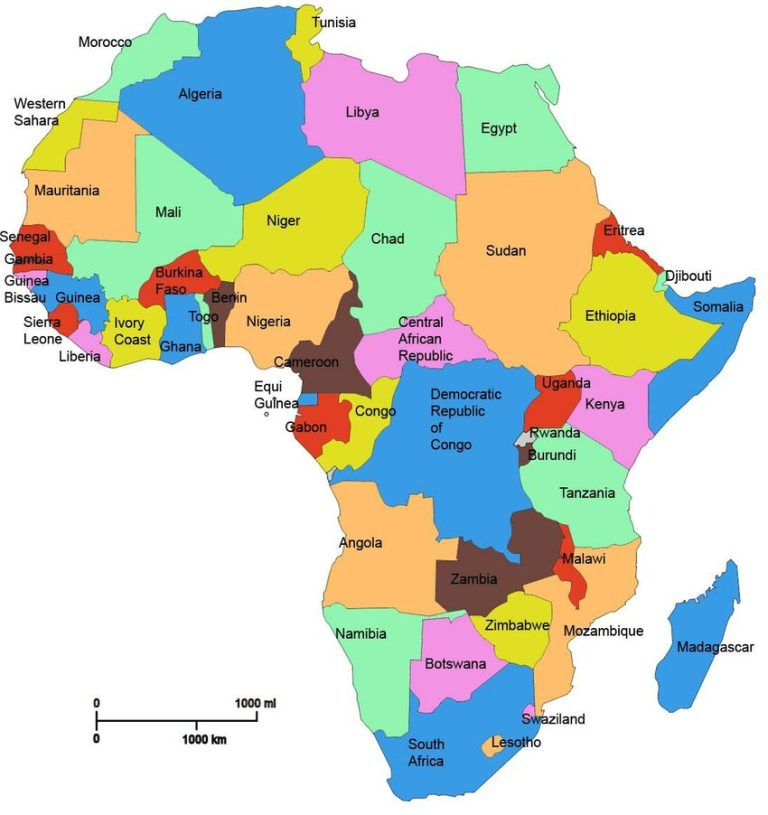The 2025 World Food Forum (WFF) concluded at the headquarters of the Food and Agriculture Organization of the United Nations (FAO) in Rome with renewed global commitment to transform agrifood systems through solidarity, science, and investment.
This year’s Forum coincided with the celebration of a historic World Food Day marking FAO’s 80th anniversary. The event brought together global leaders, policymakers, youth, Indigenous Peoples, scientists, farmers, investors, and innovators under a shared goal — to build sustainable, hunger-free agrifood systems.
Held under the theme “Hand in Hand for Better Foods and a Better Future,” the Forum hosted over 300 events, drawing 16,500 in-person participants and more than 60,000 online attendees from nearly 200 countries. Through social media, it reached 1.5 billion people and generated 1.6 million engagements.
The Hand-in-Hand Investment Forum showcased opportunities worth $17.2 billion, with 31 countries and six regional initiatives sharing plans expected to transform the lives of 160 million beneficiaries.
FAO Director-General Qu Dongyu hailed the Forum as a transformative global movement “with purpose, driven by people, and guided by the conviction that food is the foundation of our shared future.” He urged participants to sustain the momentum beyond the event, saying, “Take the inspiration you felt and transform it into progress.”
Rosângela Lula da Silva, First Lady of the Federative Republic of Brazil and COP30 Special Envoy for Women, highlighted the central role of youth in agrifood transformation. She emphasized the importance of uniting young people, communities, and governments “to ensure food security and uphold the right to food for all.”
In a video message delivered at the closing ceremony, António Costa, President of the European Council, reaffirmed the European Union’s shared vision with FAO in tackling hunger. He noted that “FAO’s expertise and leadership are essential for Europe, for all the Members, and for the whole world.”
The Forum opened on 10 October with the inauguration of “From Seeds to Foods,” the first global exhibition tracing the evolution of agrifood systems from the origins of agriculture to modern innovations. The exhibition transformed the Park of Porta Capena, in front of FAO headquarters, into an open-air gallery celebrating agricultural diversity and technology. Highlights included a replica of the Svalbard Seed Vault, an aquaponic greenhouse, agricultural drones, satellite technologies, and dogs trained to detect plant diseases.
The official opening ceremony, led by Director-General Qu Dongyu on 13 October, featured participation from King Letsie III of Lesotho, FAO Special Ambassador for Nutrition; Luiz Inácio Lula da Silva, President of Brazil; Muhammad Yunus, Chief Adviser of the interim Government of Bangladesh; Princess Basma bint Ali of Jordan; Djibouti Prime Minister Abdoulkader Kamil Mohamed; and Eswatini Prime Minister Russell Mmiso Dlamini.
World Food Day 2025, celebrated on 16 October, marked FAO’s 80th anniversary with a global ceremony attended by His Holiness Pope Leo XIV, Italian Prime Minister Giorgia Meloni, King Letsie III of Lesotho, Queen Letizia of Spain, and Uruguay President Yamandú Orsi Martínez. A congratulatory message from President Xi Jinping of China was delivered by Han Jun, Secretary of the Party Leadership Group of the Ministry of Agriculture and Rural Affairs of China.
On the same day, Italian President Sergio Mattarella inaugurated the FAO Food and Agriculture Museum & Network (FAO MuNe). Later in the week, Chilean President Gabriel Boric visited FAO headquarters and opened the Hand-in-Hand Investment Forum. More than 50 ministers and 100 vice-ministers also participated in the week’s events.
WFF 2025 focused on three core pillars — Youth, Science and Innovation, and Investment — demonstrating how collaboration can drive tangible results.
The Science and Innovation Forum (SIF) presented solutions on climate resilience, digital agriculture, and sustainable water management, while the Hand-in-Hand Investment Forum highlighted new partnership and investment opportunities for agrifood transformation.
The Youth Assembly convened over 1,200 young leaders and experts in person, alongside tens of thousands online from all six regions. It underscored the growing influence of youth-led action in reshaping global food systems. The Assembly provided over $160,000 in direct support to youth-led solutions, reinforcing its commitment to turn innovative ideas into practical results.
FAO Director-General Qu Dongyu also highlighted two major side events — the Rome Water Dialogue, which placed water at the heart of discussions on sustainable agriculture, and the South-South and Triangular Cooperation Ministerial Dialogue, which strengthened global solidarity and collaboration.
“The World Food Forum is still young, but its impact is undeniable,” the Director-General said. “Let us move forward with courage, creativity, and solidarity—working hand in hand for better foods and a better future.”
The Science and Innovation Forum concluded with the side event “One Health in Agrifood Systems is Everyone’s Health,” emphasizing the interconnection between human, animal, plant, and ecosystem health.
The week also marked the inauguration of the FAO Food and Agriculture Museum and Network (MuNe), linking food heritage with innovation and bridging the past and the future of agrifood systems.


